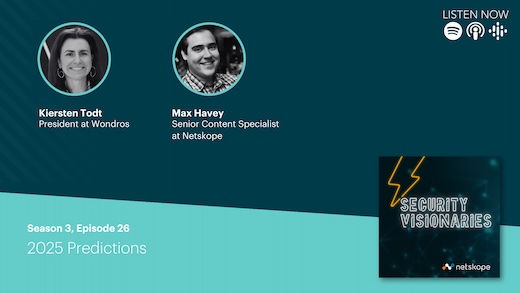COVID-19 contact tracing and personal cloud apps, what could possibly go wrong? A recent federal lawsuit, filed against the state of Pennsylvania and a vendor contracted by the state’s Department of Health, provides an interesting answer. The vendor in question was contracted “to provide contact tracing and other similar services” following the outbreak of COVID-19 in March 2020. Despite the good intentions, it ended up that the names, phone numbers, and medical information belonging to 72,000 individuals were exposed as a “direct result of the failure to implement adequate and reasonable cybersecurity procedures and protocols.”
No, a sophisticated hack, possibly by an overseas state-sponsored actor, is not implied in this case. The reality is much simpler, and potentially even more dangerous. This exposure is yet another consequence of the common habit of using personal apps to handle sensitive data without considering the security implications (“I have always done it this way” is a common justification.) A statement issued by the affected vendor provides more details, and it turned out that “certain employees set up and used several Google accounts for sharing information. Documents related to contact tracing collection were included among the information that may have been vulnerable to access.”
As we’ve already mentioned, old habits die hard: the simplicity of using a personal account to bring the work home or share the information with collaborators and/or partners in the quickest and easiest possible manners (read: using personal cloud accounts) is too tempting, and even if it’s not driven by malicious intentions, exposes the data to loss and theft, posing a serious risk for the affected individuals, should their sensitive information fall in the wrong hands.
How Netskope mitigates this threat
User education is important, but similar incidents prove that it isn’t enough. In this specific case, the ability for Netskope to provide granular control for thousands of cloud applications (including personal emails and cloud storage services) can mitigate the risk of exposure for corporate data, such as the upload of sensitive information to non-corporate services or personal instances of corporate services.
For example, the Netskope Next Gen SWG has dedicated categories for “Cloud Storage” and “Webmail” where the CloudXD engine can recognize and govern dozens of activities. It is possible to enforce a restrictive policy such as the block of “upload,” “download,” or “edit” on personal services (such as Google, Microsoft, Box, or Dropbox) or even to use the DLP engine to prevent just the upload of sensitive data (using also the ML detectors to classify specific documents and simplify the operational tasks). Similar policies can also be applied to other categories and can be equally enforced to prevent the ingress of dangerous content (such as malware) from personal accounts into the organization.
Stay safe!




 Back
Back 





















 ブログを読む
ブログを読む